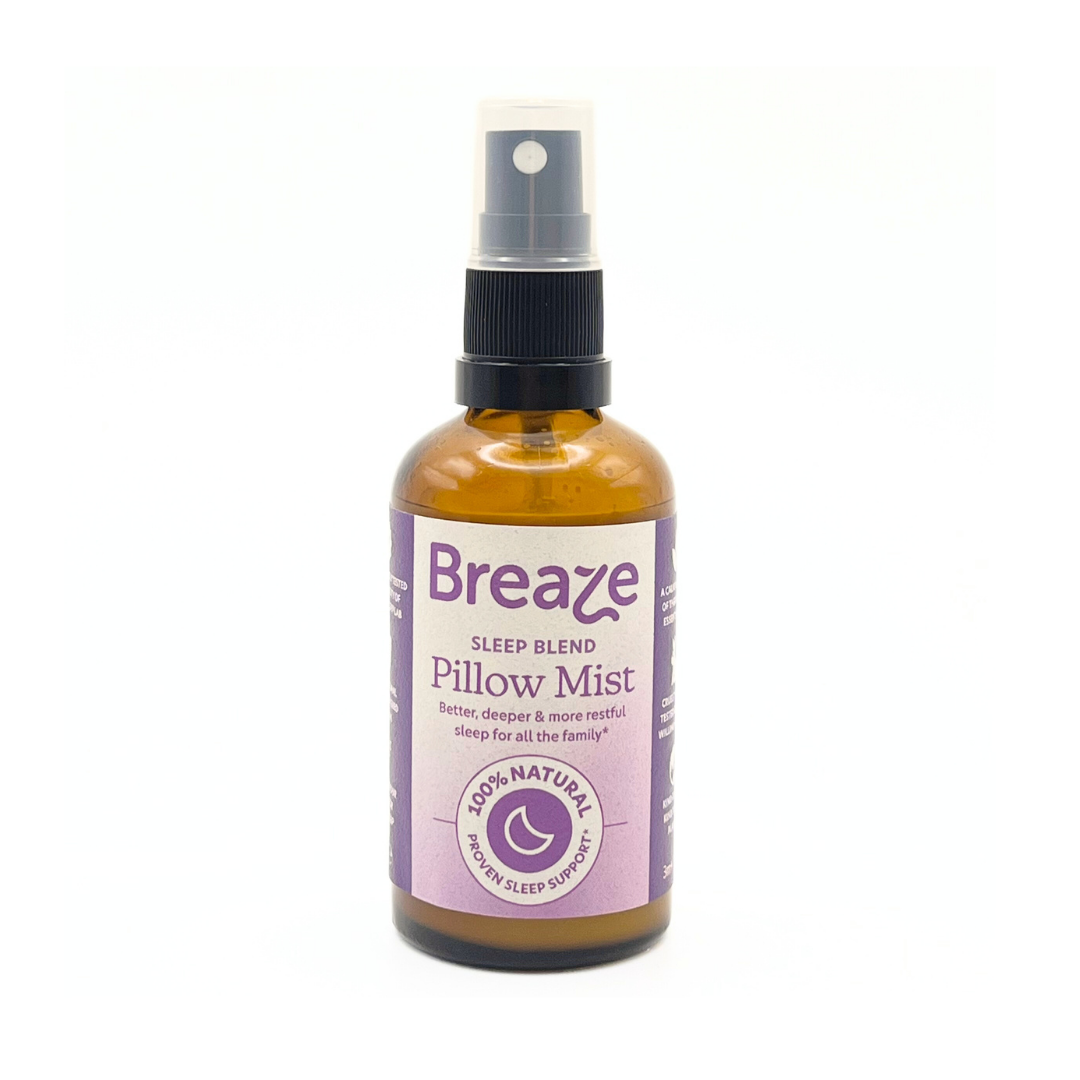Hay fever? Time to use your gut!
Allergies and gut health are closely linked, and taking care of your tum is a great way to support your immune system when the pollen’s high.
Hay fever happens when your immune system over reacts to pollen and other airborne allergens like dust mites or pet dander. If you’re prone to allergies, the body responds to allergens by releasing large amounts of histamine. When it spikes, histamine is to blame for the itchy, runny nose and eyes, sneezing and sore throat we dread every spring and summer.

There’s a lot of noise out there about the links between gut health and the immune system - curious to understand more, we asked Registered Nutritional Therapist, Roisin Faichney to explain.
“Probably the best place to start is where in the body the immune system actually is!” says Roisin.
“You might be surprised to know that up to 80% of it sits in your gut. From your mouth all the way down to the other end, your whole digestive system hosts a huge variety of millions of helpful bacteria called microbiota. If they and the general health of your digestive system is out of balance, it can affect your immune system and allergic response.”
In case you were wondering where the other 20% of your immune system is hiding, we asked Roisin: “It sits in your bones, spleen and lymph system.”
If a healthy gut is key to a healthy immune system, you guessed it, diet has a big part to play in helping to manage hay fever and allergy.
“The key is cutting back on foods that can increase the histamine load and choosing those that can help support your gut bacteria.”
Here are Roisin’s tips on allergy-tackling food choices
Cut the Sugar avoiding or minimising added sugar and processed foods and choosing good quality ingredients for home cooked foods is a great place to start.
Fermented foods and drinks can offer real health benefit but they can also add to histamine load. Kombucha, sauerkraut, kimchi and even apple cider vinegar and yoghurt are examples of fermented foods that you might want to avoid or cut back on.
Alcohol because it’s often fermented, many alcoholic drinks contain or interfere with the breakdown of histamine in the body – especially beer, wine and champagne.
Choose sulphite free wines this preservative can add to the allergy burden.
Drink lots of water staying well hydrated has been shown to dampen histamine load
Eat your greens Research shows that having a wide mix of gut bacteria can boost immune health. Eating a variety of fibre-rich fruits and vegetables - broccoli, cabbage, (including kale, cavolo nero, pak choi, brussels sprouts etc) is an easy way to increase gut bacteria diversity. Fennel, artichoke, chicory, parsley, leeks, asparagus, blueberries, and almonds are helpful too.

Probiotic supplements can be helpful, but get some advice on the best one for you from a health professional first - some probiotics can also increase histamine.
Vitamin D helps keep your immune system in balance but it’s not always easy to get enough from diet alone. Organic eggs, herring and liver (whilst not everyone’s cup of tea!) are good sources - as are mushrooms, especially fresh or dried reishi musrooms. It’s worth having your Vitamin D levels checked and discuss any deficiency with a nutritional therapist who’ll advise on ways to supplement.
Quercetin is a flavonoid found in tea, grains, vegetables and fruit; it’s been shown to fight inflammation and allergens, supports the immune system and also cardiovascular health. Capers are especially rich in quercetin. Cherries, red apples and red onions, broccoli and citrus fruits are all a good source too.
Shop our hay fever range here
Roisin Faichney is a Registered Nutritional Therapist and Functional Medicine Specialist at vitamwellbeing.com


